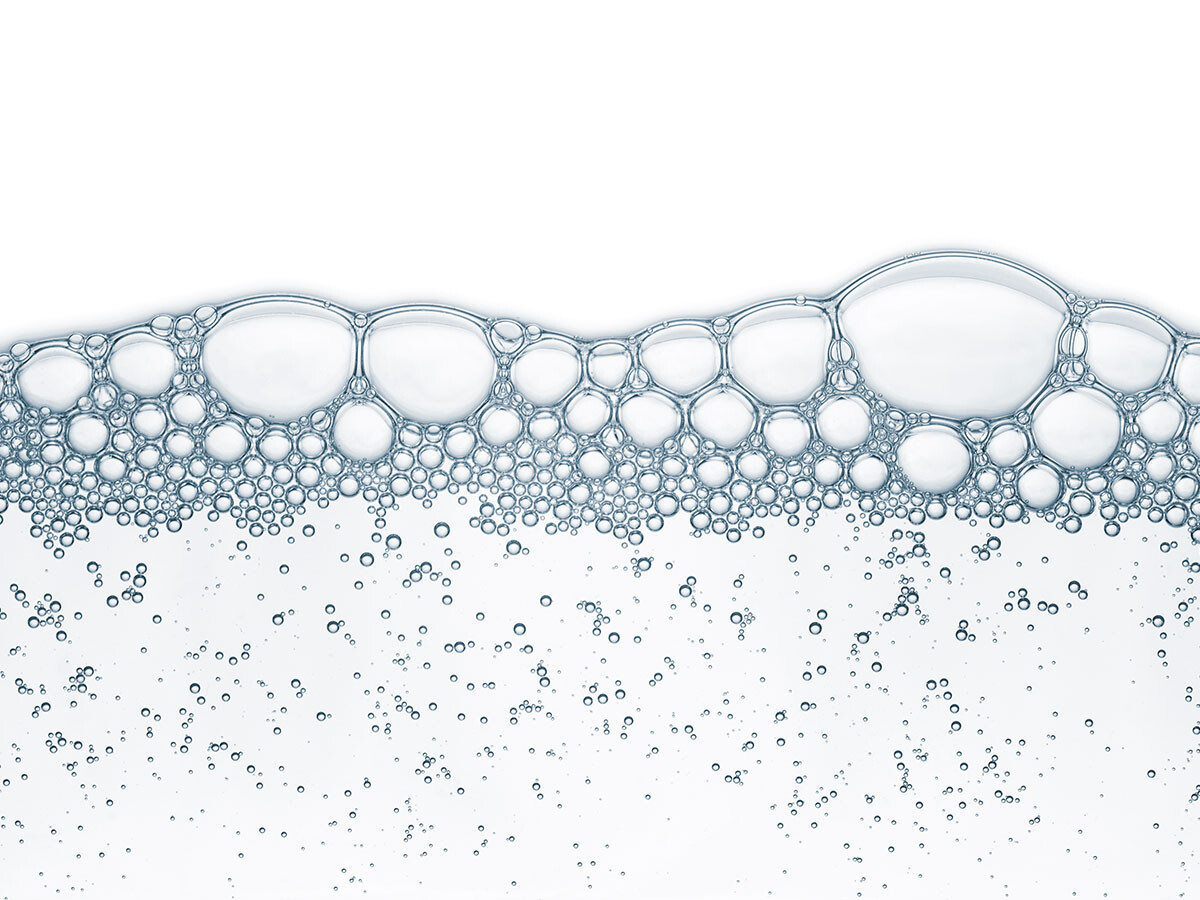How Defoamers Help Improve Performance in Coatings and Paints
How Defoamers Help Improve Performance in Coatings and Paints
Blog Article
Discover the Top Advantages of Utilizing Defoamers in Industrial Processes
The application of defoamers in commercial processes provides an array of compelling benefits that can enhance operational efficiency and product top quality. By effectively controlling foam production, these agents not just enhance material circulation yet also contribute to substantial cost decreases and improved sustainability. The effects of embracing defoamers might be extra extensive than originally viewed.
Improved Process Effectiveness
Enhancing commercial procedures often involves addressing lathering concerns, which can hinder operational effectiveness. Foam development can conflict with the appropriate performance of equipment, reduce the reliable use of sources, and make complex the monitoring of important criteria. By implementing defoamers, industries can effectively minimize these issues, resulting in structured operations and boosted efficiency.
Defoamers work by destabilizing the foam framework, enabling rapid collapse and significant decrease in foam volume. This activity not only enhances the circulation of products via devices, such as activators, pipelines, and mixers, however likewise reduces interruptions triggered by foam overflow. Consequently, devices downtime is reduced, enabling an extra effective and continuous manufacturing process.
Furthermore, using defoamers can bring about minimized power consumption. With less foam to handle, pumps and compressors can run more effectively, resulting in lower functional expenses and an overall enhancement in process throughput. Inevitably, the calculated use defoamers not just addresses prompt foaming difficulties yet also adds to a more effective industrial ecological community, fostering a competitive advantage in a demanding market.
Improved Item Top Quality
The combination of defoamers in commercial processes plays an essential function in improving item quality. By successfully regulating foam development, defoamers contribute to the consistency and harmony of end products. Too much foam can lead to oygenation, which negatively affects the structure and security of formulations, specifically in industries such as food and finishes, beverages, and drugs.

Furthermore, defoamers facilitate much better mixing and dispersion of ingredients, leading to homogeneity in solutions. This is essential in applications where precise active ingredient ratios are important for performance and safety and security. In addition, the removal of foam can reduce the danger of contamination throughout production, further guarding item honesty.
Eventually, by boosting item high quality, defoamers not just improve consumer fulfillment however additionally enhance brand reputation. Their function in maintaining high-grade requirements underscores their relevance in modern industrial procedures.
Price Reduction Benefits
Executing defoamers in industrial procedures can result in considerable expense decrease advantages. By properly regulating foam development, defoamers decrease product loss throughout manufacturing, consequently optimizing material usage. This decrease in waste converts straight into reduced raw material prices, enhancing overall functional efficiency.
In addition, making use of defoamers can reduce energy consumption. Extreme foam can prevent tools performance, leading to enhanced power needs to keep manufacturing degrees. By alleviating foam, defoamers facilitate smoother operations, permitting machinery to run more effectively and lowering power expenditures.

Additionally, defoamers can shorten handling times. Foam can create added challenges that prolong production cycles. By using defoamers, sectors can improve their procedures, leading to faster turnaround times and boosted throughput. This performance not only accelerates manufacturing yet also permits companies to fulfill market demands more swiftly.

Environmental Impact Mitigation
In commercial processes, using defoamers plays an essential function in mitigating environmental influences connected with foam generation. Foam can cause considerable operational ineffectiveness, resulting in raised emissions and waste generation. By effectively regulating foam, defoamers help maintain procedure efficiency, therefore minimizing the overall environmental impact of procedures.
Furthermore, too much foam can overflow control systems, resulting in spills that might contaminate soil and water sources. Defoamers aid reduce this threat by ensuring that frothing does not go beyond recommended limits, advertising compliance with environmental guidelines. This aggressive approach not only safeguards ecosystems however additionally improves the sustainability of industrial practices.
Furthermore, the use of defoamers can decrease power intake in numerous processes. defoamers. Lowering foam development reduces the requirement for additional energy-intensive procedures, such as raised frustration or pumping, which might or else be necessary to manage foam. The fostering of defoamers aligns with wider sustainability objectives by promoting power performance while reducing the carbon footprint of commercial activities.
Ultimately, integrating defoamers right into industrial procedures is a tactical measure that sustains ecological stewardship and liable source administration.
Versatility Throughout Industries
Across different markets, defoamers demonstrate remarkable versatility, adapting to the certain needs of diverse applications. In the food and beverage sector, for circumstances, defoamers are critical to preserving product high quality by avoiding foam development during processing, which can influence structure and flavor. In the pharmaceutical market, defoamers ensure the stability of formulations, enhancing product effectiveness and uniformity.
In the chemical production world, defoamers promote smoother procedures by reducing foam in reaction vessels, thus boosting yield and lowering downtime. The paper and pulp sector counts on defoamers to enhance the efficiency of pulp processing and paper production, ensuring optimal product honesty. In addition, in wastewater therapy facilities, defoamers play an essential function in managing foam during aeration processes, causing enhanced therapy end results.
The click reference adaptability of defoamers extends to the oil and gas industry, where they aid in handling foam in drilling liquids and production processes. By customizing solutions to meet particular industry demands, defoamers serve as essential tools that enhance functional performance, product quality, and general process performance across a plethora of fields. Their flexibility highlights their value in modern-day commercial applications.
Conclusion
In verdict, the usage of defoamers in commercial procedures offers numerous benefits, consisting of enhanced efficiency, boosted product top quality, considerable price decreases, and favorable environmental impacts. The assimilation of defoamers stands for a tactical strategy to attending to challenges connected with foam monitoring in numerous manufacturing atmospheres.
Eventually, the critical use of defoamers not just addresses prompt foaming obstacles from this source yet likewise contributes to a more efficient commercial ecosystem, fostering a competitive advantage in a requiring market.
In commercial processes, the usage of defoamers plays a critical function in mitigating ecological impacts linked with foam generation. By properly regulating foam, defoamers assist maintain process efficiency, consequently decreasing the overall environmental footprint of procedures.
In addition, in wastewater therapy facilities, defoamers play an essential function in regulating foam throughout aeration processes, leading to improved therapy end results.

Report this page